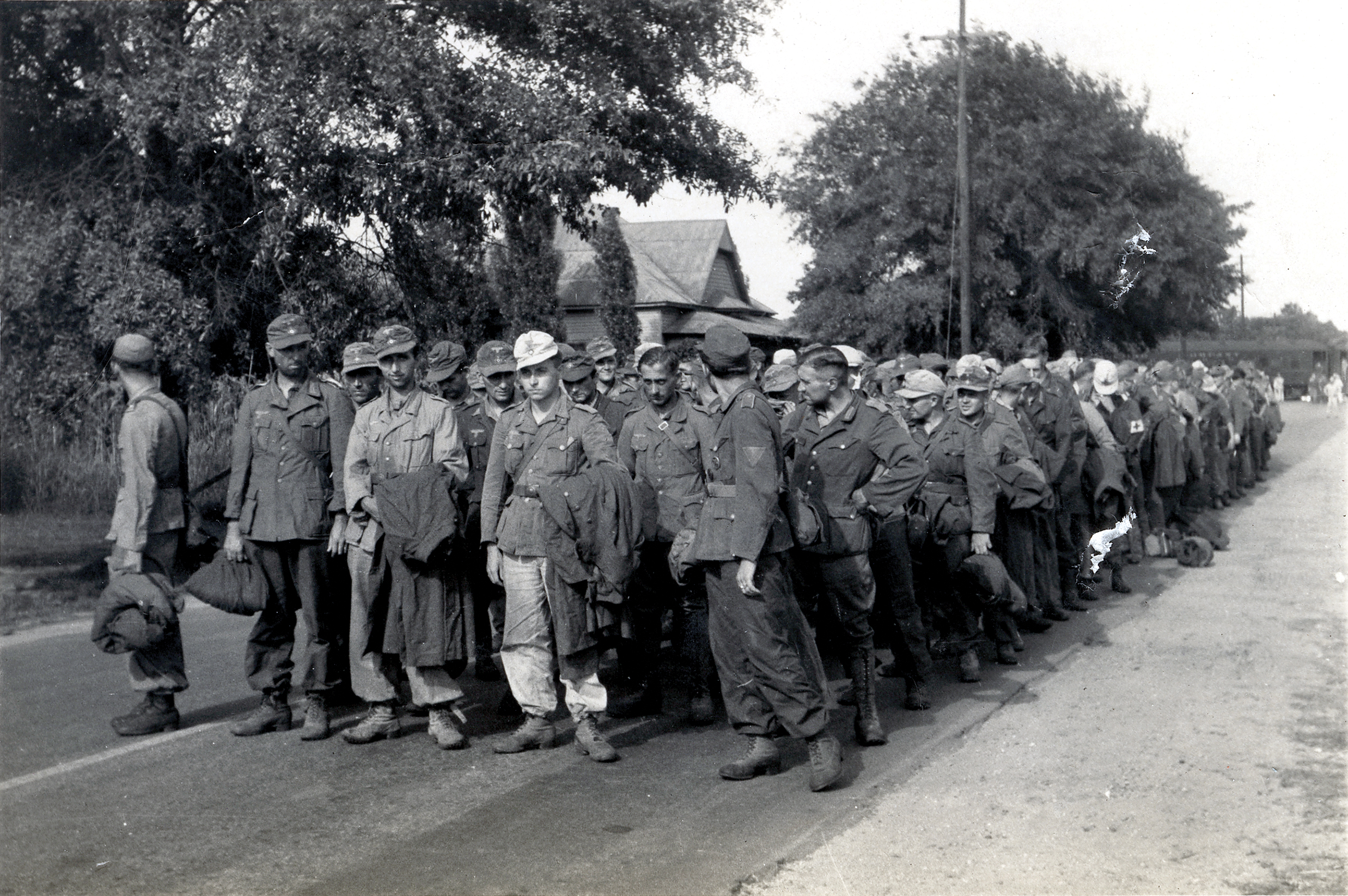Alabama’s summer climate with its extreme temperatures and high humidity can lead to heat-related illnesses and deaths if not treated. Heat-related illnesses occur when the body’s temperature control system is overloaded. You can learn the warnings and signal help when needed.
Heat stroke
Heat stroke, sometimes called sunstroke, is the most serious heat-related illness. It occurs when the body becomes unable to control its temperature. The body’s temperature rises rapidly, the sweating mechanism fails, and the body is unable to cool down.
Body temperature may rise to 106 degrees Fahrenheit or higher within 10 to 15 minutes. Heat stroke can cause death or permanent disability if emergency treatment is not provided. Warning signs of heat stroke vary, but include the following:
- An extremely high body temperature (above 103 degrees F)
- Red, hot and dry skin (no sweating)
- Rapid, strong pulse
- Throbbing headache
- Dizziness
- Nausea
- Confusion
- Unconsciousness
Heat stroke is a life-threatening emergency, so have another person call 911 for medical assistance and take immediate steps to begin cooling the victim in any of the following ways:
Get the person to a shady area, cool rapidly in a tub of cool water, place in a cool shower, spray with cool water from a garden hose, splash with cool water, or, if the humidity is low, place in a cool, wet sheet and fan vigorously.
Monitor body temperature and continue cooling efforts until the person’s body temperature drops to 101 to 102 degrees Fahrenheit.
If emergency medical personnel are delayed, call a hospital emergency room for further instructions.
A person with heat stroke is likely to be unconscious or unresponsive, so he or she cannot safely consume any liquids. Under no circumstances should you give any alcohol to a person with heat stroke or any heat illness.
Heat exhaustion
Heat exhaustion is a milder form of heat-related illness that can develop after several days of exposure to high temperatures and inadequate or unbalanced replacement of fluids. Those most prone to heat exhaustion are the elderly, persons with high blood pressure, and those working or exercising in a hot environment.
Warning signs of heat exhaustion include heavy sweating, paleness, muscle cramps, tiredness, weakness, dizziness, headache, nausea or vomiting or fainting. The skin may be cool and moist. The pulse rate will be fast and weak, and breathing will be fast and shallow. Untreated heat exhaustion may progress to heat stroke, so seek medical attention if symptoms worsen or last longer than one hour.
Stop all activity and sit quietly in a cool place, drink clear juice or a sports beverage, wait a few hours until the cramps subside and seek medical attention if cramps do not stop in one hour.
Heat cramps
Heat cramps are muscle pains or spasms – usually in the abdomen, arms or legs – that may occur in association with strenuous activity. People who sweat a lot during strenuous activity are prone to heat cramps. To relieve them, apply firm pressure on cramping muscles or gently massage them. Give sips of water every 15 minutes for one hour.
Follow these preventive measures to avoid heat illnesses:
- Drink more fluids, and avoid beverages containing alcohol or caffeine
- When temperatures are extreme, stay indoors, ideally in an air-conditioned place
- Take a cool shower or bath, and reduce or eliminate strenuous activities during the hottest time of the day
- Protect yourself from the sun with a wide-brimmed hat, light-colored, loose-fitting clothing and use a sunscreen of SPF 15 or higher
- Never leave pets or people in a parked vehicle.
For more information, visit alabamapublichealth.gov/injuryprevention






